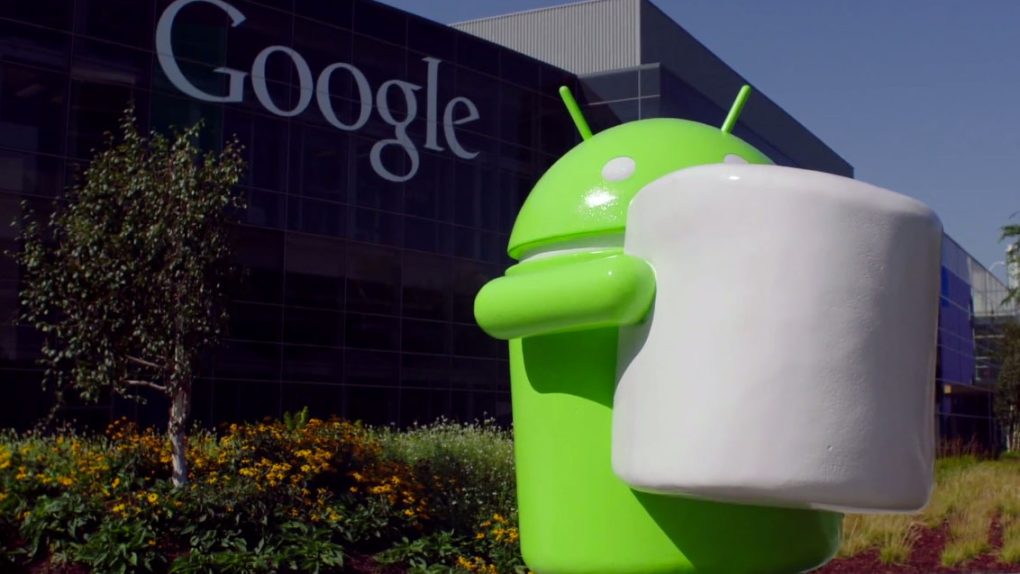ZDNet’s
Adrian Kingsley-Hughes is someone who says that he loves his iPhone but he’s nonetheless giving Android a second look. Why? Because ever since he upgraded his device to iOS 9, it’s seriously hurt his device’s overall performance even though it was supposed to be a release aimed at ironing out the bugs that plagued the releases of iOS 7 and iOS 8.
DON’T MISS: I wish the iPhone had copied HTC instead
“The sorry state of iOS 9 is affecting my ability to do all the things I need to get done in a day done,” he says bluntly. “iOS 9 has transformed my iPhone 6 Plus — a bit of kit that represents many hundreds of hard-earned dollars — from something that was a joy to use into an object of annoyance.”
Here is his partial list of grievances that have cropped up ever since installing iOS 9:
- Poor touchscreen responsiveness
- Wi-Fi drops for no reason
- Sluggish user interface
- Sluggish orientation control when turning handset from portrait to landscape or vice versa
- Crashing apps
- Sluggish app launching
- Sluggish keyboard
- Search is slow to respond
- Poor battery life
All of this is so bad that he’s seriously considering a switch to Android since he doesn’t want to switch to an OS like Windows Phone or BlackBerry 10 that has such a limited app selection.
Of course, even if he switches to Android, he shouldn’t expect a smooth experience there either — when new builds for Android come out, it often takes them many months to get out to devices. And when they do release to new devices, they often cause some of the same types of performance issues he’s experiencing with iOS 9 right now.
The big question here is why does new mobile software apparently have such an averse impact on performance, particularly when the companies releasing it say they’ve focused on making a new release more stable than previous releases? Is performance degradation something that we just have to live with if we want the newest software or is there another way?






